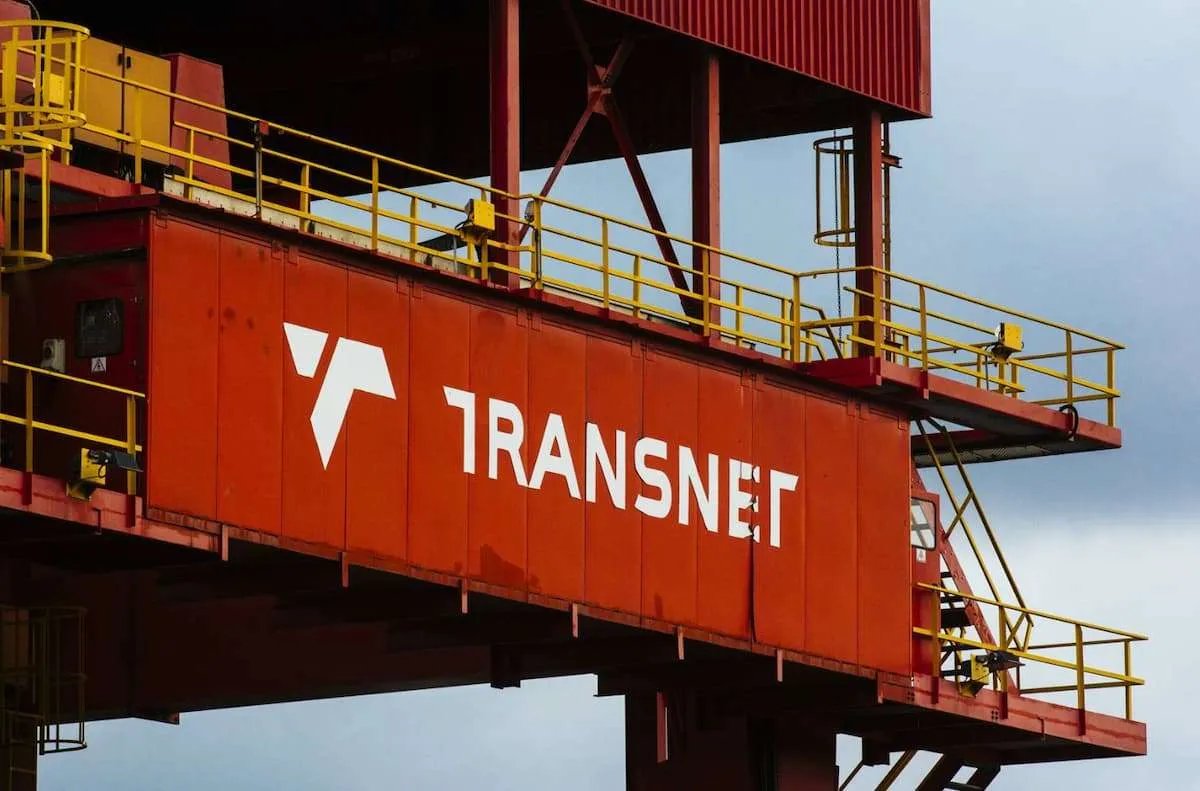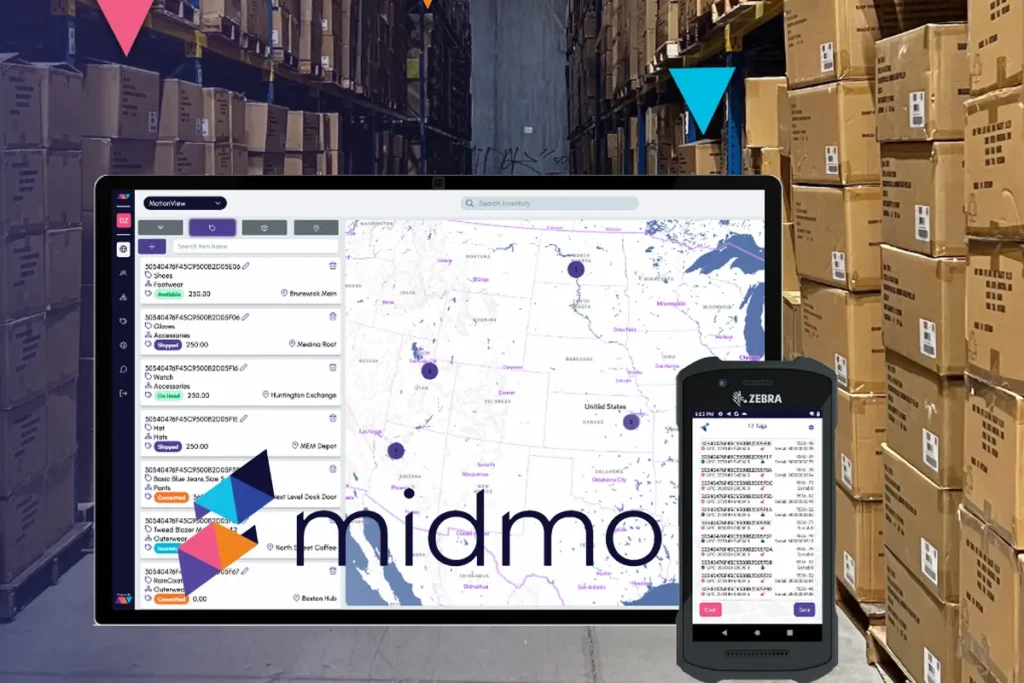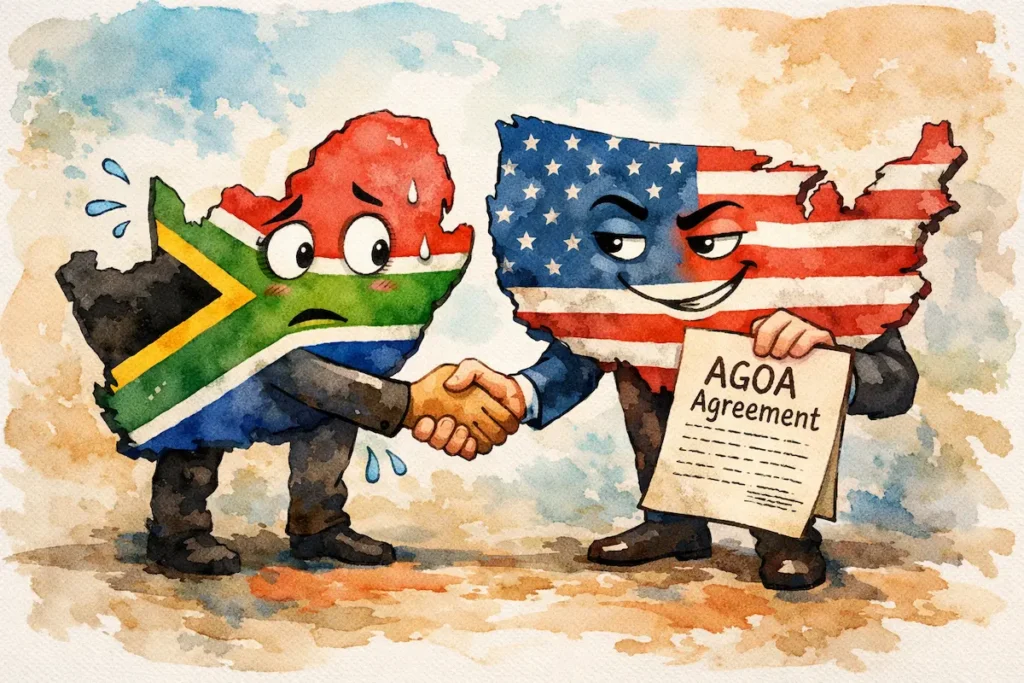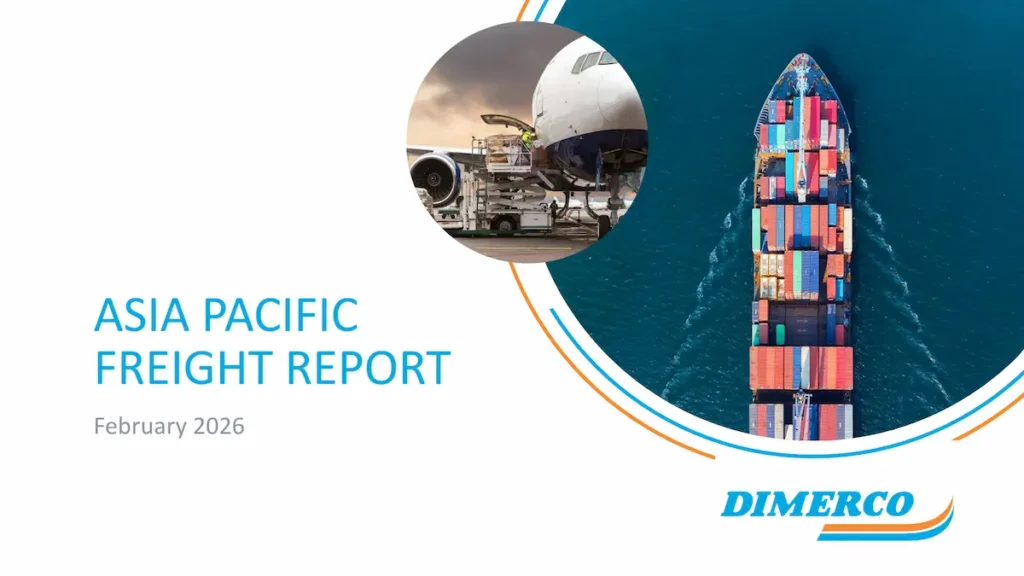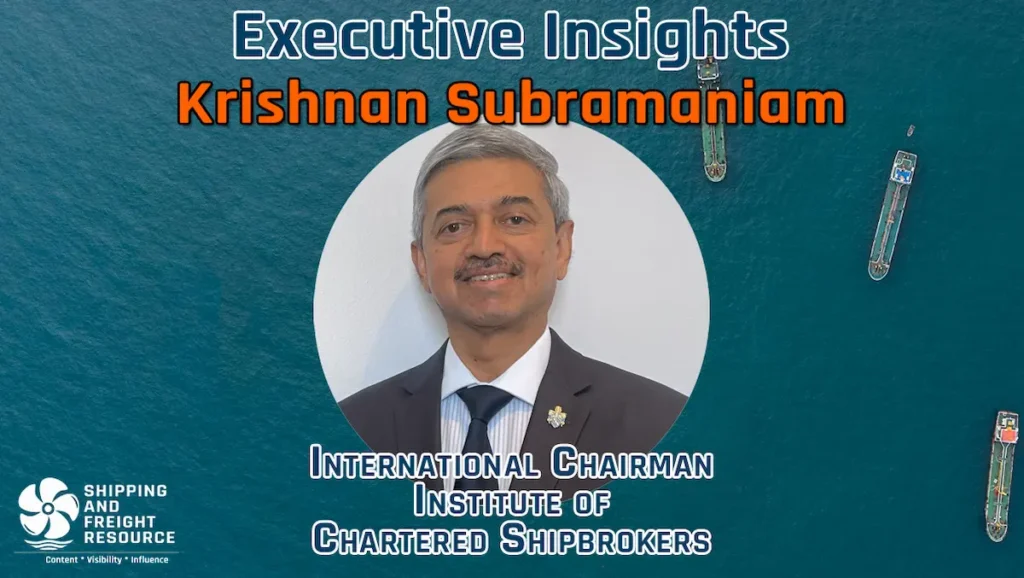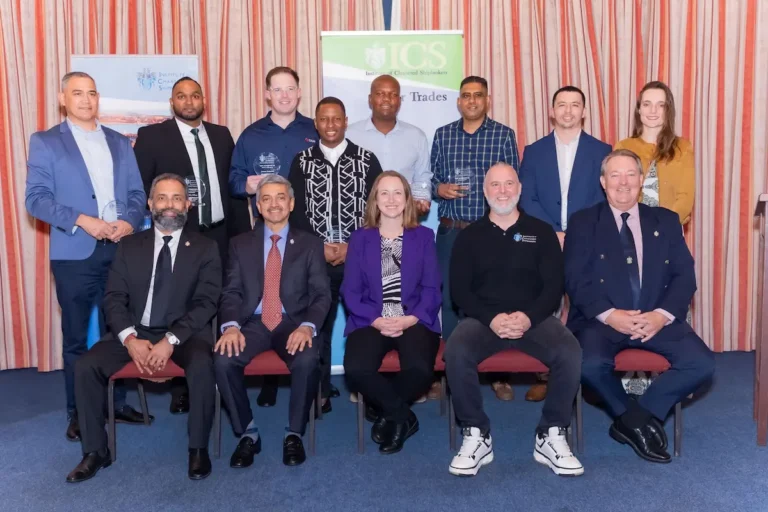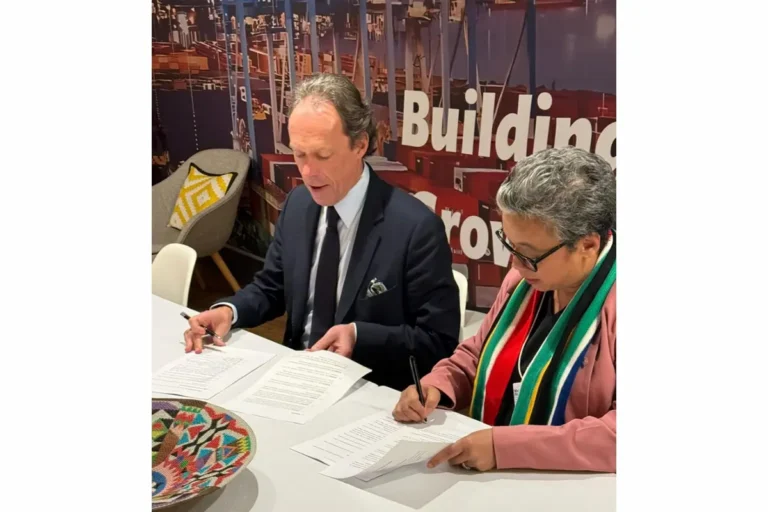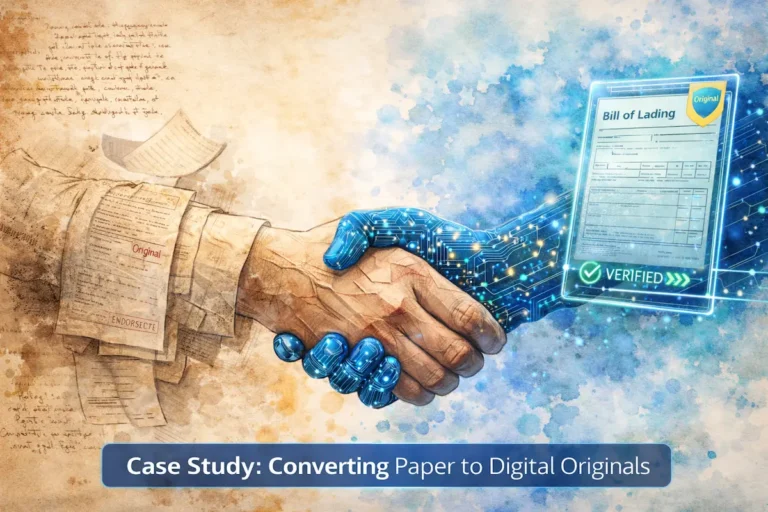Transnet SOC Ltd. is making significant strides in its ongoing efforts to implement institutional reforms, as outlined in the Freight Logistics Roadmap and the Guarantee Framework Conditions set forth by the National Treasury.
These reforms focus on enhancing the rail business, corporatizing the Transnet National Ports Authority (TNPA), and divesting non-core assets.
The information about the progress is contained in a media statement issued by Transnet.
Rail Business Reform
The rail reform process, which includes the vertical separation of Transnet Freight Rail (TFR) into a Rail Operating Company and an Infrastructure Manager, is progressing well.
Since the release of the draft railway Network Statement in March 2024, Transnet has been actively engaging in consultations facilitated by the Interim Rail Economic Regulatory Capacity (IRERC). These discussions aim to finalize the Network Statement, paving the way for third-party train operator access by 30 September 2024.
The new operating models and organizational designs for the Rail Operating Company and Infrastructure Manager are expected to be completed in the first quarter of 2025.
Corporatisation of TNPA
In another major initiative, Transnet is corporatizing TNPA to form a wholly owned subsidiary, as mandated by the National Ports Act. This transformation will enhance TNPA’s regulatory oversight on terminal operators across South Africa’s ports, ensuring compliance with international and local maritime regulations.
The corporatisation will also enable TNPA to become financially autonomous, attracting investments to improve the efficiency and competitiveness of South African ports.
Disposal of Non-Core Assets
Transnet is also making headway in disposing of its non-core property portfolio, a move aimed at generating cash and reducing holding costs. The Transnet Board of Directors has approved the plan for these disposals, with the full list of non-core assets to be finalized within the current financial year.
Ongoing Investments and Partnerships
Transnet continues to invest in infrastructure to support the mining sector. Collaborative efforts with customers have led to independent technical assessments of both the iron ore and coal corridors. These assessments will guide the prioritization of network improvements to increase export volumes.
One significant project is the Ngqura Manganese Export Terminal (NMET), which aims to consolidate manganese exports at the Port of Ngqura. Transnet is seeking a private sector partner to help fund the design and construction of NMET, with the preferred bidder expected to be announced by the end of 2025.
Additionally, the KwaZulu-Natal Logistics Hub Programme is underway, with plans to position the Port of Richards Bay as a Liquified Natural Gas (LNG) import point. The Vopak Terminal Durban & Transnet Pipelines (TPL) Consortium Venture has been chosen to develop and operate the LNG terminal, a 25-year partnership combining private sector investment with Transnet’s minority stake.
Rolling Stock Leasing and Container Handling Developments
The progress however has been overshadowed by some non-compliance issues in the tender for a private sector partner to establish a rolling stock leasing company.
This tender was issued by Transnet in April 2023, but due to non-compliance issues, the transaction was canceled, and a new tender will be issued by December 2024.
In June 2024, Grindrod South Africa was appointed as the Preferred Bidder to develop and operate a container handling facility at the Port of Richards Bay. This development aims to increase the port’s container handling capacity from 50,000 to 200,000 twenty-foot equivalent units (TEUs) annually.
Conclusion
Transnet’s initiatives underscore its commitment to adapting to a dynamic operational and policy landscape. By investing in infrastructure and reforming critical business units, Transnet is enhancing South Africa’s logistics industry’s efficiency and competitiveness.
As Group Chief Executive Michelle Phillips stated, “A viable logistics industry is the lifeblood that runs through the veins of the South African economy. When we invest in infrastructure, we empower our customers to flourish in an increasingly competitive and dynamic business environment.“

